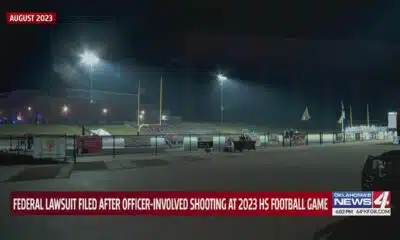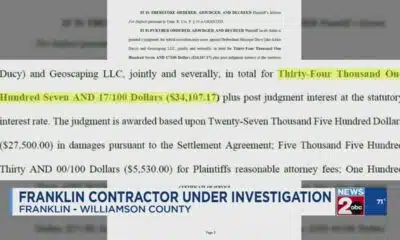(The Center Square) – As they often have throughout the summer, motorists in North Carolina are paying about 30 cents less than the nation on average for gasoline.
Summer’s unofficial closing of Labor Day weekend arrives this week, with many families already in the state’s tourism meccas. The state average for a gallon of unleaded gasoline is $2.86, with prices a little lower in the mountains and a tick higher along the 320 miles of ocean shoreline.
A year ago, the state average was $3.11, according to the American Automobile Association. The average for diesel is $3.45, down from $3.64 a year ago.
Nationally, the unleaded gas average is $3.16, down from $3.35 last year, and diesel is $3.68, down slightly from $3.70, respectively.
Per Environmental Protection Agency rules in place from June 1 to Sept. 15, the less volatile summer blend fuel must be sold. Price impact is generally considered 10 cents to 15 cents higher per gallon.
Combustion engine consumers make up more than 8 million vehicle registrations in the nation’s ninth-largest state.
North Carolina’s electric vehicle charging rate average, according to AAA, is 33.2 cents per kilowatt-hour. The national average is 36.3 cents per kWh. More than 100,000 zero-emission vehicles are registered in the state. At the start of the calendar year, the state norm was 33.5 cents per kWh and the national was 34.7 cents per kWh.
Ten states have lower average prices for a gallon of unleaded; 14 are lower for diesel; and seven are lower in electric.
Among 14 major metro areas, the least expensive average for unleaded gas is in Fayetteville at $2.76. The most expensive area is the Durham-Chapel Hill metro area at $2.92.
Diesel is the most consumer-friendly ($3.29) in the Hickory-Lenoir-Morganton market.
North Carolina’s 40.3 cents per gallon tax rate for 2025 is topped by California (59.6), Pennsylvania (57.6), Washington (49.4), Illinois (47), Maryland (46.1), and New Jersey (44.9).
Motor fuel taxes in the state fund the Department of Transportation’s highway and multi-modal projects, accounting for more than half of the state transportation resources. The revenues go into the Highway Fund and the Highway Trust Fund.












































